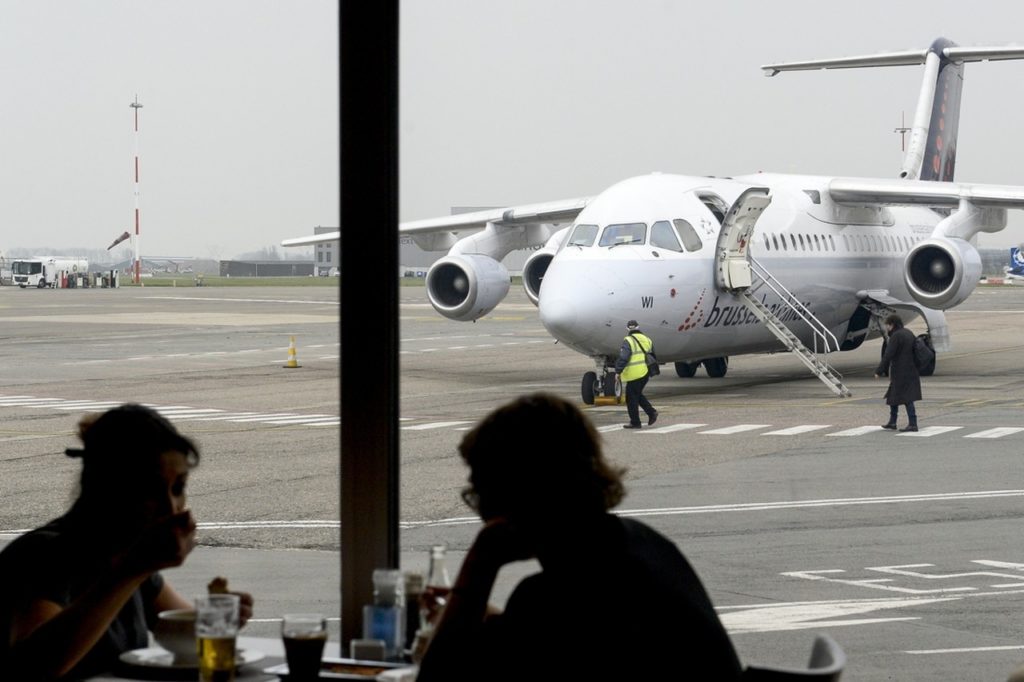The recent change in the EU's landing slot policy, which will force airlines to fill a certain percentage of their reserved landing slots, could result in empty planes travelling from Asia.
Landing slots became regulated following the creation of a single market for aviation in the 1990s, which resulted in more air traffic, and give airlines permission to operate an air service on a specific date and time for landing or take-off from European airports, but require them to utilise 80% of reserved slots.
Since the coronavirus crisis broke out, the pandemic was considered a form of "force majeure", which meant airlines were given the flexibility to cancel flights more regularly if they were not fully booked, as they were not required to fill landing slots.
However, this changed again on 23 July, when the landing rights at European airports for the winter season were announced, which will force airlines to fill at least 50% of their reserved landing rights (or slots, ed.) at airports between now and April 2022, or risk losing much-desired slots in 2022.
Related News
- Over 11 million Covid Certificates for travel downloaded in Belgium
- Popular holiday destinations turn red again on European travel map
The interest group International Air Transport Association (IATA) has criticised the European Commission's decision and has said it was "out of touch with reality."
"For airlines to remain profitable, and airlines desperate to keep their slots could consider empty flights to Europe," Willie Walsh, head of IATA told the South China Morning Post.
According to the IATA's Rikke Christensen, European airlines will also suffer from this change in landing slot policy, as they are less profitable and therefore less flexible than, for example, American airlines, which could result in their competitive position goes down.
Although travel within the EU and between the EU and the UK has been largely restored as travel restrictions have been lifted or loosened, Asian carriers are still not flying frequently as strict entry restrictions are imposed in most of the continent's countries, meaning they will struggle to fill pre-Covid slot capacities.
European residents can only enter China, Taiwan and Thailand for essential reasons, whilst other destinations, including Hong Kong and Japan, have imposed strict measures.
Australia and New Zealand have imposed a travel ban, and residents can’t travel to the EU unless they have an exemption.
Global health and warming
The EU'S attempt to return to some form of normality when it comes to travel has been criticised as it could worsen the spread of possible variants of concern, as intercontinental travel can result in variants that may not be prevalent in certain places being brought there.
Asia on average has lower vaccination rates than Europe, and a more fragile and burdened healthcare system, and aims for a "zero infection" policy, as opposed to Europe's aim to keep hospital admissions low as a criterium for its epidemiological situation.
Meanwhile, climate critics have scrutinised the EC's decision and have said it is in contradiction with its recent "Fit for 55" carbon emissions plan to reduce greenhouse gas emissions by 55% by 2030, as together with other gases and the water vapour trails produced by an aircraft, the aviation industry is responsible for around 5% of global warming.

